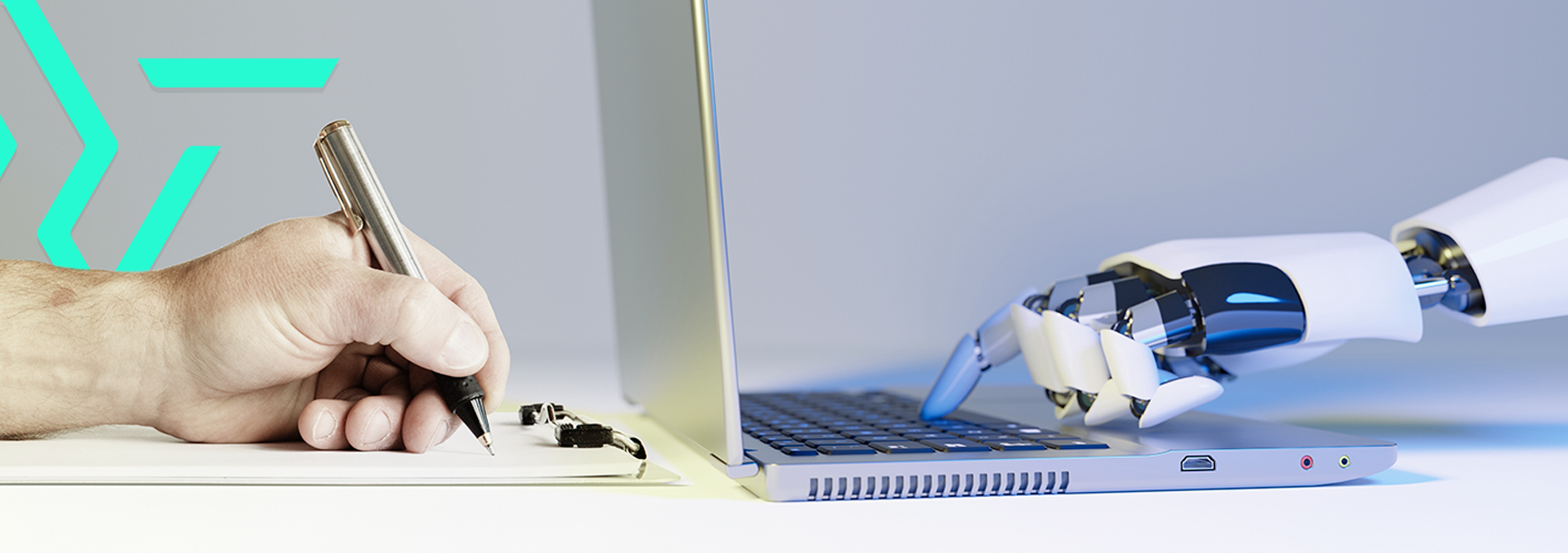

A balanced work-culture has become the new paycheck for employees in the 21st century, and statistically evaluating; according to a survey conducted by the Society for Human Resource Management (SHRM) in 2021, 83% of U.S. employees considered the ability to balance work and life to be a very important factor when considering a job offer, while in a survey by FlexJobs and Global Workplace Analytics in 2021, 51% of employees in the U.S. said they have considered leaving their jobs to find better work-life balance.
A work-life balance culture, also known as a balanced work culture, is one in which staff members are able to successfully manage their work-related obligations while also leading satisfying personal lives. It is distinguished by an organizational culture that prioritizes and promotes the health and standard of living of its workers. Moreover, as corporate cultures evolved to a point where AI and Machine Learning (MI) has become a major integrative tool, it is necessary for organizations to find more updated ways to strengthen the balance they have been trying to create.
AI has evolved to a certainty where a company who hasn’t installed AI in their systems may seem to be outdated, whereas every organization finds it a necessity to make AI a basic requirement. There are a variety of ways an AI can enhance a work-place productivity as well as a balanced work life, in ways such as;
1. Increased efficiency without human replacement - Humans are frequently considered to be replaced by AI, but rather than replacement, augmentation should be the main objective. With the help of these technologies, employees may concentrate on the more creative and strategic aspects of their work by handling monotonous chores, which will lead to increased job satisfaction and a more rewarding work experience may result from this change.
2. Data-driven decision making - AI-powered analytics helps organizations make better decisions, that holds true not only for marketing techniques but also for internal procedures like hiring new employees, assessing their performance, and even pinpointing areas where they may improve, that would completely take off a huge work-load off the HR, and will make their work-place satisfaction higher.
The key to promoting a work-life balance with MI is that technology can make workplaces smarter and more productive while also putting workers' growth and well-being first. The following essential components sum up this essence:
1. Task automation – There are repetitive tasks that can be tiresome for employees in condescending ways, which is why attaching algorithms to such tasks can result in replacing their efforts and time that will save their time for more meaningful tasks.
2. Predictive analytics for proactive well-being - MI’s predictive capabilities can anticipate potential stress points or burnout risks among employees. By proactively addressing these issues, organizations can maintain a healthier, more balanced work environment.
To put it simply, AI and MI play a variety of roles in nurturing a work-life culture that is balanced. It's about using technology to increase productivity and efficiency while also forming an environment at work that values and promotes each worker's overall growth and well-being. Revocare solutions has also started and managed to develop such a balanced-work culture with the aid of AI and MI; subscribe to Revo Connect to get to know our adherences and approaches well.